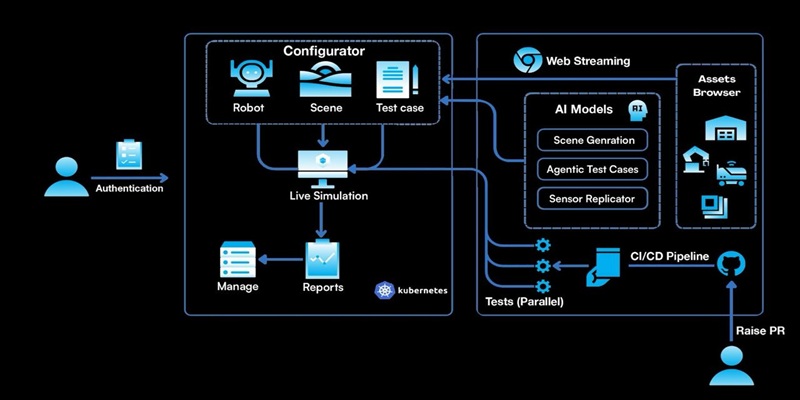Schedule a Call Back
Optimising boiler operations to boost efficiency
 Industry News
Industry News- Oct 30,21

Related Stories

The future of boilers: India’s market shifts, global risks and the power of AI
This article examines how efficiency mandates; fuel transitions and AI-driven digitalisation are reshaping modern boiler technology and steam systems, with insights from Vinod Kumar Luthra, Chief Ex..
Read more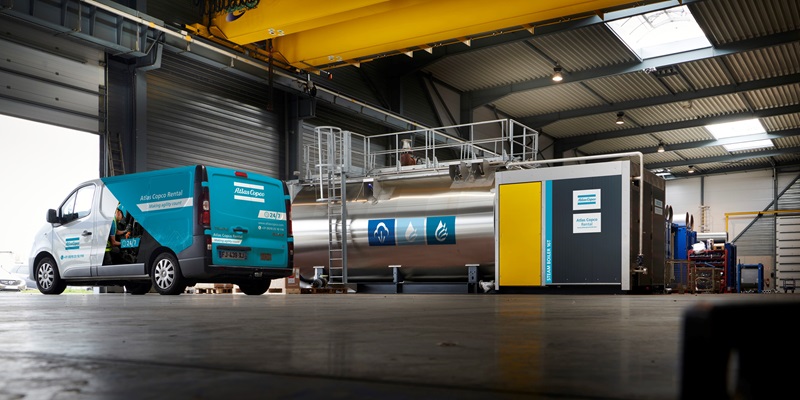
Atlas Copco unveils modular steam rental solutions at Boiler India Expo 2024
Their compact design ensures easy installation and rapid commissioning, minimising downtime and providing a reliable steam supply.
Read more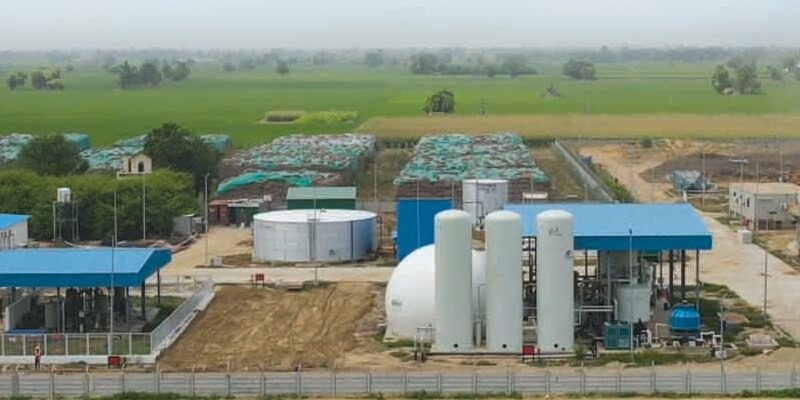
Thermax Babcock & Wilcox bags Rs 5.13 bn boiler order in Botswana
The order entails supplying two 550 TPH CFBC (circulating fluidised bed combustion) boilers over a 23-month period, aimed at supporting a 600 MW greenfield energy initiative in Botswana.
Read moreRelated Products
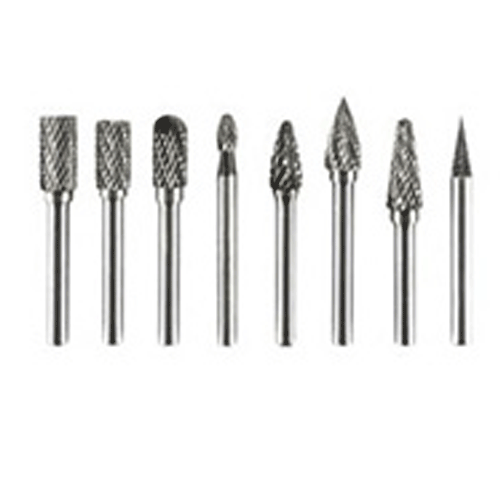
Carbide Burrs
SRT Industrial Tools & Equipments offers a wide range of carbide burrs.
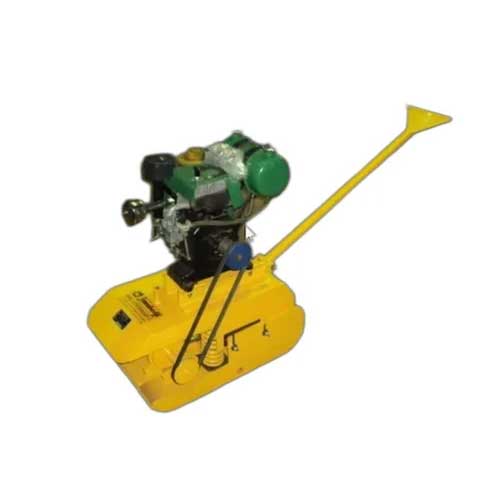
Jamshedji Soil Compactor
Jamshedji Constro Equip Pvt Ltd offers a wide range of jamshedji soil compactor.
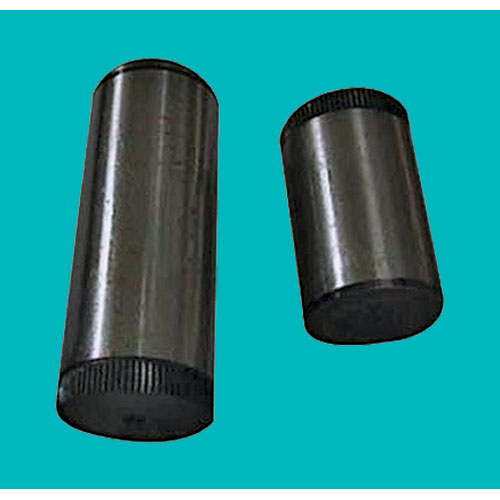
Ground Pins
Hans Machineries Private Limited offers a wide range of pins, hardened & ground. Read more







